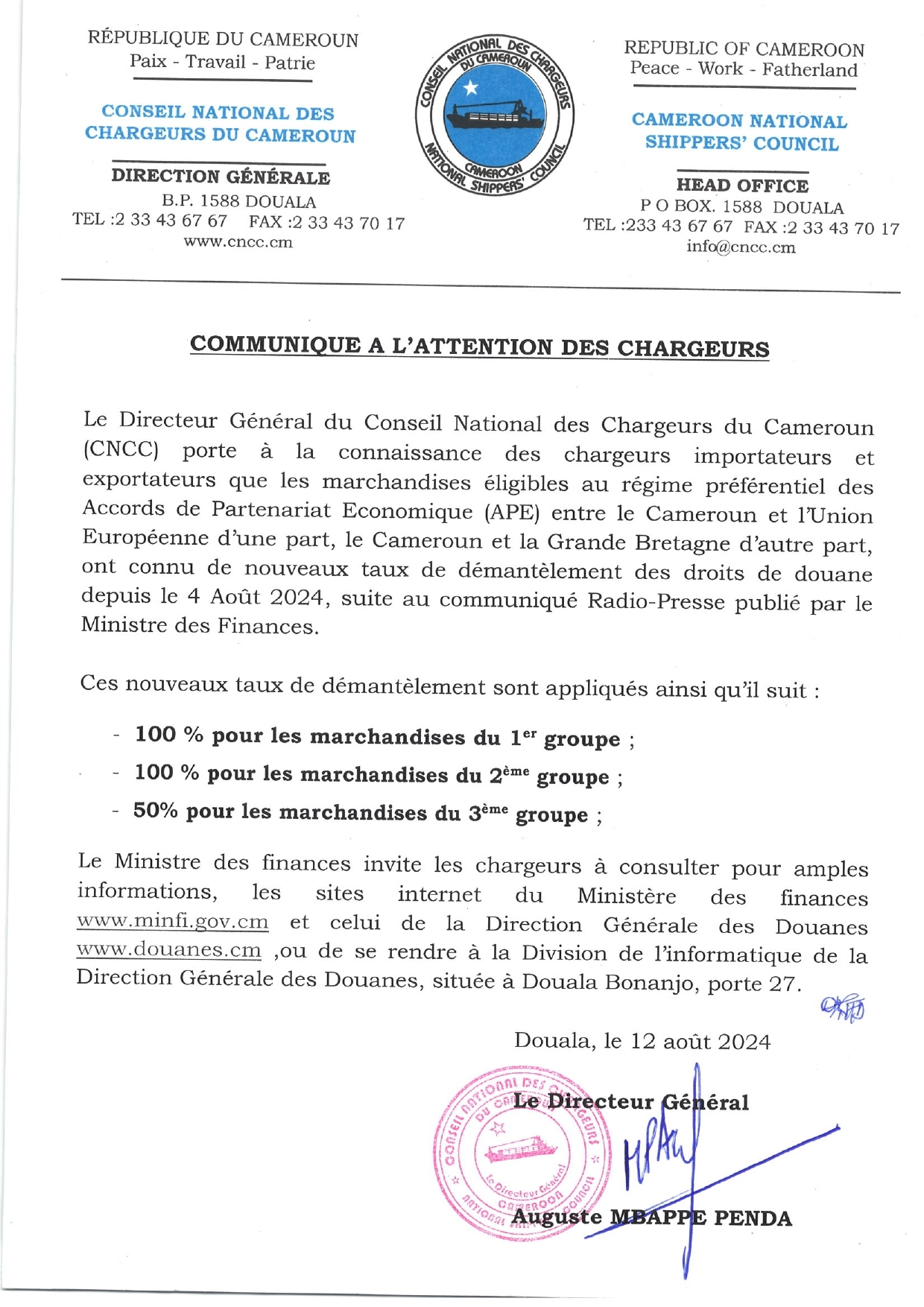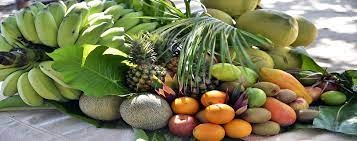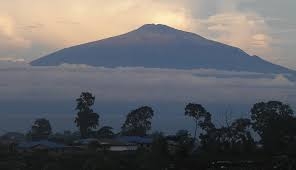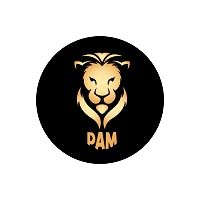The General Manager of the Cameroon National Shippers' Council (CNSC) hereby informs shippers (importers and exporters) that goods eligible for preferential tariffs under the Economic Partnership Agreements (EPAs) between Cameroon and the European Union on the one hand, and between Cameroon and the United Kingdom on the other, have been subject to new tariff dismantling rates since 4 August 2024. This information is contained in a Radio-Presse release published by the Minister of Finance.
The...
Read more
Rules of origin are an essential element of any trade agreement because, by defining the country of origin of a product, they determine whether a given product is entitled to preferential access (for example duty-free or with a reduced duty rate) to the markets of other countries covered by the agreement.
Cameroon and the EU are currently negotiating a common reciprocal regime governing rules of origin, which will be annexed as a protocol to the EPA. In the absence of such a protocol,...
Read more
Negotiations for an Economic Partnership Agreement (EPA) with the eight countries that make up the Central Africa region were launched in October 2003. The EPA between Cameroon and the EU came into force in 2014, paving the way for a regional agreement that is open to any country or group of countries in the region wishing to ratify the Agreement.
How to export to the European Union?
- Make sure...
Read more
Before embarking on any operation to import goods into Cameroon from the EU, with the hope to benefit from the advantages of the EPA:
- Make sure that the product to be imported is eligible for EPA preferential tariffs and check the residual customs duty, if any (level of tariff dismantling).
You have two options for this:
1. You can visit the website of the Customs Department to consult the lists of products eligible for EPA preferential...
Read more




